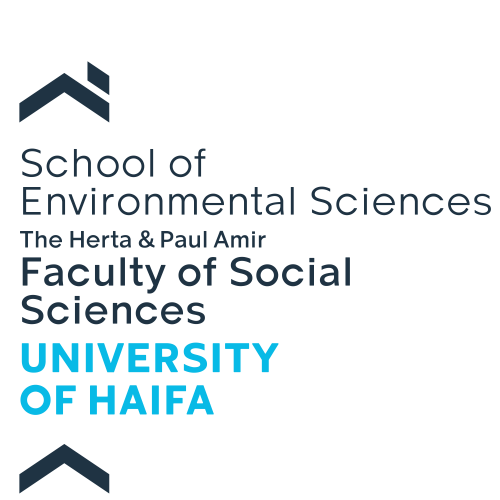Research Track with thesis 201201-23-02 / Non-research Track without thesis 201202-23-02
Head of the program: Prof. Mashor Housh
Today's water systems face many challenges, including the rapid rate of growth, the need to maintain water quality, efficient management of resources, and dealing with climate change. The Water Resources Management and Hydroinformatics program will provide the skills and knowledge to face these challenges. Students will learn how to use advanced techniques of computer modeling and data analysis to understand and build solutions to the changing challenges of water resources management. The students will have the opportunity to work with experts and participate in innovative projects in the field of water and hydrology. The ability to work with leading experts allows students to work on new challenges and gain unique knowledge from practice and academia.
There are several reasons why a master's program in water resources management and hydroinformatics may be valuable:
1. Water resources are becoming increasingly scarce and stressed in many parts of the world. Hydroinformatics can be used to help manage these resources more efficiently and sustainably.
2. The use of advanced techniques of computer modeling and data analysis enables a more comprehensive and accurate understanding of water resources, which can support better decision-making.
3. The methodologies that will be studied within the program can be used in a wide variety of water-related problems, such as flood management, water quality monitoring and irrigation planning. Therefore, these tools are useful in many different settings in the water sector.
The program courses are given on one day a week, Mondays.
Duration of studies in the non-research track (no thesis) - one year (3 semesters).
Duration of studies in the research track (with a thesis) - up to 3 years.
The curriculum
Core courses (required)
Models in hydraulics and hydrology - 4 semester credits per week
Water resources in Israel - 2 semester credits per week
Water pollution scenarios - 2 semester credits per week
Hydro-informatics applications - 2 semester credits per week
Total core courses, 10 semester credits per week
Required courses
Spatial statistics - 4 semester credits per week
Matlab basics - 2 semester credits per week
Python for beginners (expert) - 2 semester credits per week
Remote sensing for advanced students and machine learning - 4 semester credits per week
Decision support systems - 2 semester credits per week
Earth, water and fire - modeling the space in the raster world - 4 semester credits per week
Final project - 4 semester credits per week (must choose between machine learning or GIS)
*Research organization - 2 semester credits per week (for track A only)
Total core courses, 22/24 weekly semester credits
Elective courses
Matlab applications - 2 semester credits per week
Ecosystem services (given remotely in English) - 2 semester credits per week
Spatial statistics - 4 semester credits per week
Sensory data fusion - 4 semester credits per week
Total elective courses, 4 semester credits per week
Research Track - 36 semesters (thesis)
Non-research Track - 36 credits (without thesis)
